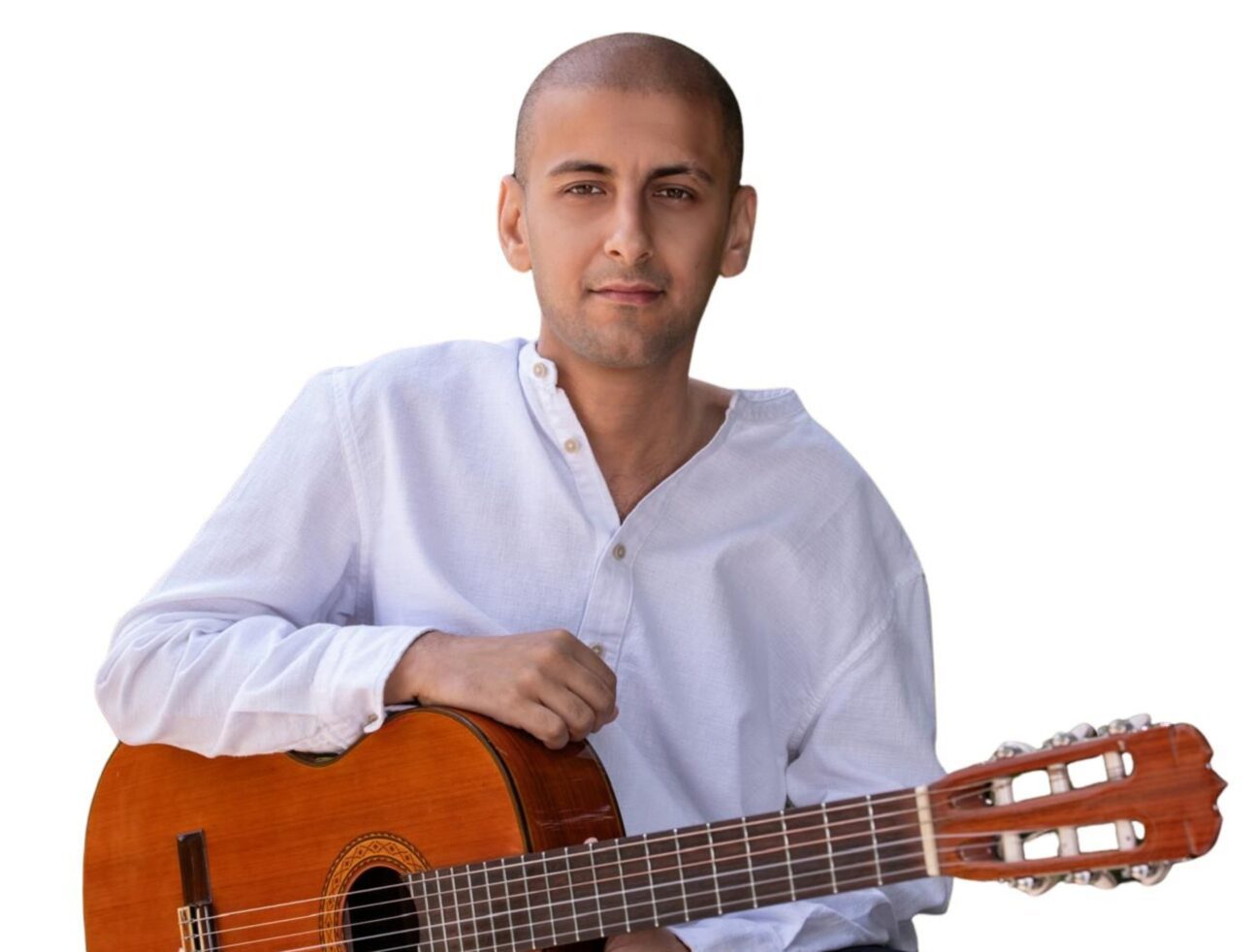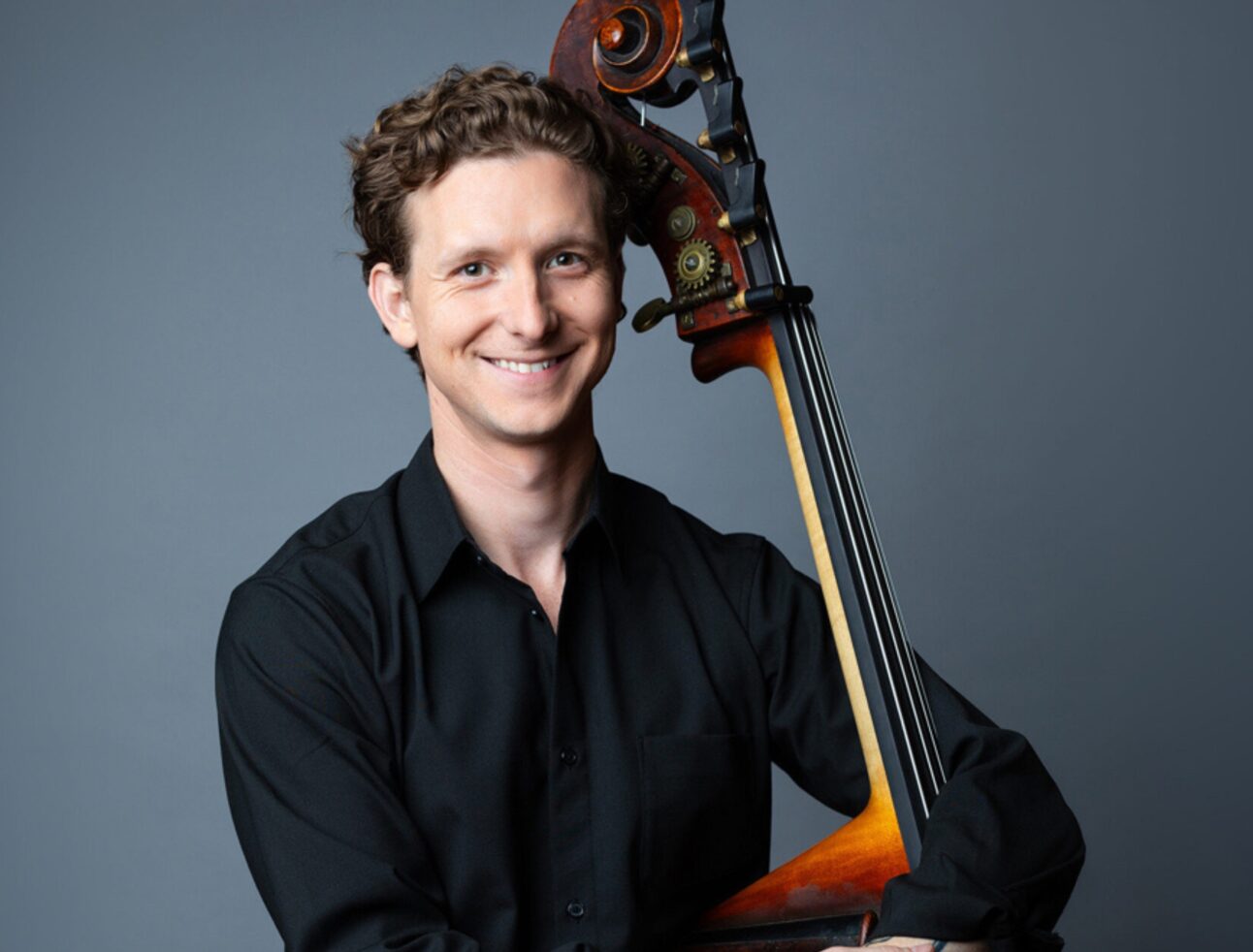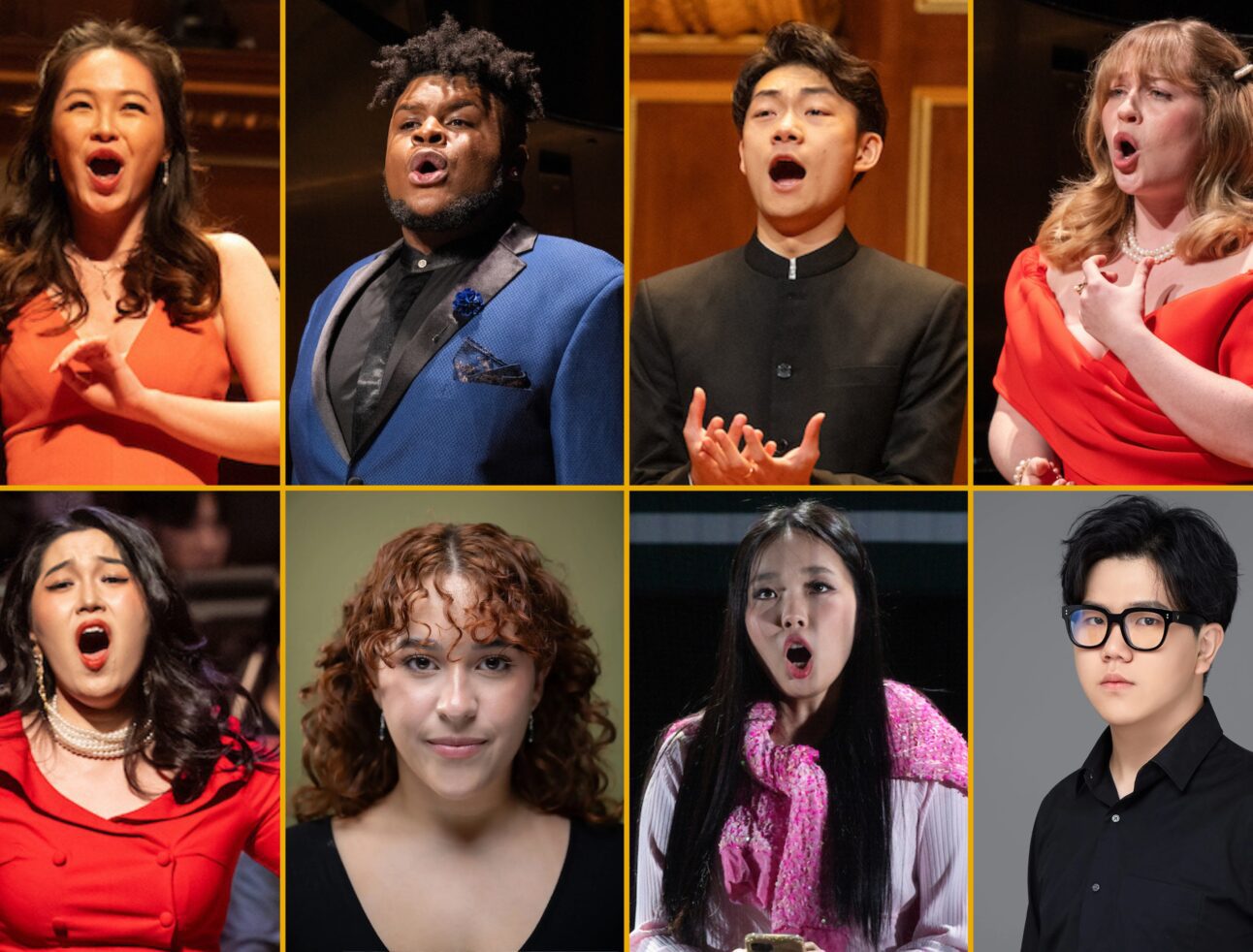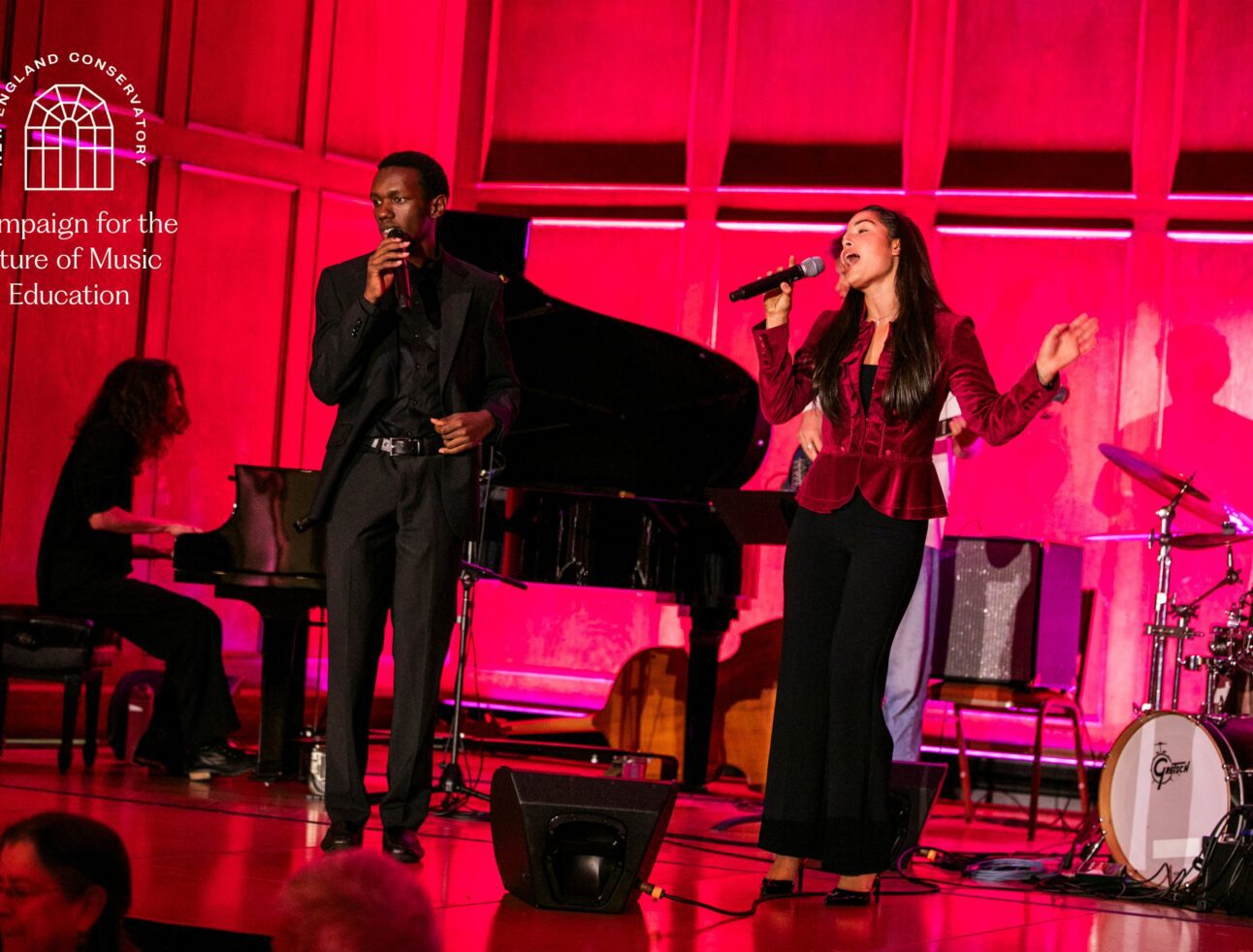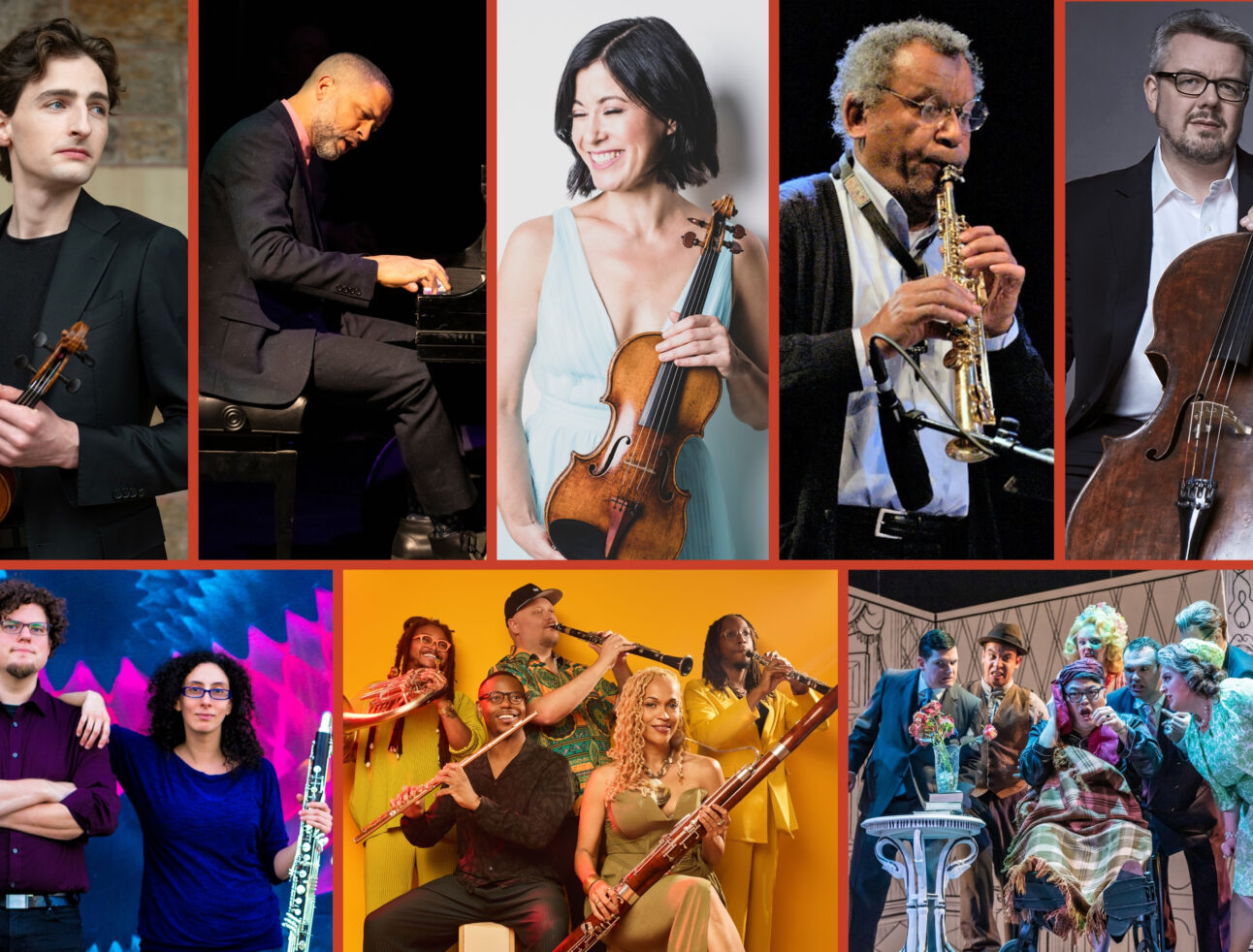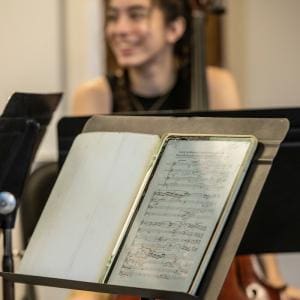
A revolution is underway in the New England Conservatory curriculum.
With the launch of its Integrative Curriculum this year, NEC is creating an innovative music education model that combines traditionally separate classes — music theory, performance, and business skills — into comprehensive and engaging lessons that connect coursework with real-life applications.
These are courses in which theory meets practice, projects are central, and music is a lens to other disciplines. They challenge students to grow more deeply as artists and encourage faculty to develop innovative ways to guide students to meet that lofty goal.
“The conservatory education is based on a model that’s 200 years old and hasn’t changed terribly much in that time,”
said Benjamin Sosland, NEC provost and dean.
“But the world around us had changed significantly. We ask our students to do so many discrete individual things, but with these Integrative Curriculum courses, they are getting a whole meal.”
Dozens of professors — including the examples below — have reimagined their courses to help students reach their full musical potential. More will be introduced this fall, such as “Music of Ghana,” “Sensor-Based Instrumentation,” and “Climate, Culture and Performance.”
Creativity and Manuscripts with Nicholas Kitchen
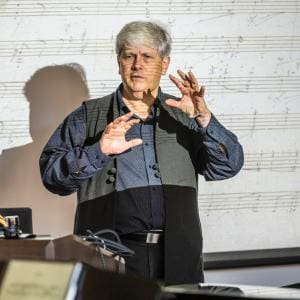
Musicians have been learning the works of Beethoven for generations, but students in violin professor Nicholas Kitchen’s Creativity and Manuscripts II are looking beyond the notes to understand the composer’s process.
Beethoven often added notations to his original manuscripts. Varying line lengths, dot sizes, and spelling the word piano with multiple lines on the stems of the P’s all communicated nuances he deemed crucial to the expression of the composition. By dissecting and interpreting these marks and scrawls, NEC students gain access to a language many practicing musicians may not be privy to.
Kitchen, a renowned violin soloist and chamber musician, said this approach impacts students differently than any other course he’s taught during his 30-year career at NEC.
“My hope is to offer them a different perspective for studying music, outside of what they’re used to or what they’ve chosen to major in,”
said Kitchen.
Music of Turkey with Mehmet Ali Sanlıkol
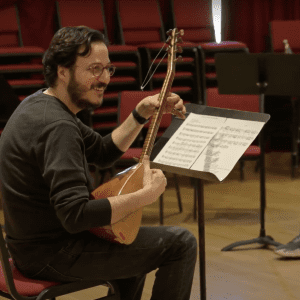
In past years, music history and musicology professor Mehmet Ali Sanlıkol taught Music of Turkey as a lecture course. Students learned about traditional Ottoman rhythmic cycles (Usul) that exist within Turkish melodies (Makam), and Sanlikol supplemented his instruction with videos, readings, and audio clips.
Without a performance component, however, Sanlıkol noticed that “the music always ended up remaining in the abstract.”
With the launch of the Integrative Curriculum, Sanlıkol reimagined the course with a dedicated performance lab. Students have an opportunity to learn a variety of pieces, from simple to complex.
Just one semester in, he already sees how linking theory and practical application impacts students’ grasp of Turkish music.
“Being engaged with the cultural and historical complexities of the music, plus making that connection to performance practice in one package,”
Sanlıkol said,
“they start appreciating [it in a different way].”
Performance and Analysis with Miriam Fried and Andrew Schartmann
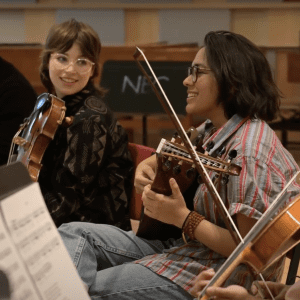
“One thing this course highlighted for me was the importance of a complete musician,” said Andrew Schartmann, music theory professor.
“We tend to silo disciplines: theory, musicology, performance, composition. But there was a time where those things were very much integrated.”
Performance and Analysis, taught by Schartmann and violin professor Miriam Fried, integrates theory and performance to create a powerful experience that elevates students’ musicianship.
“To communicate the emotional content of a piece, you need to know what the piece is about, and you need tools to do that,” Fried said.
“The more tools we give a performer, the better able they are to translate their emotional relationship to the piece into action.”
